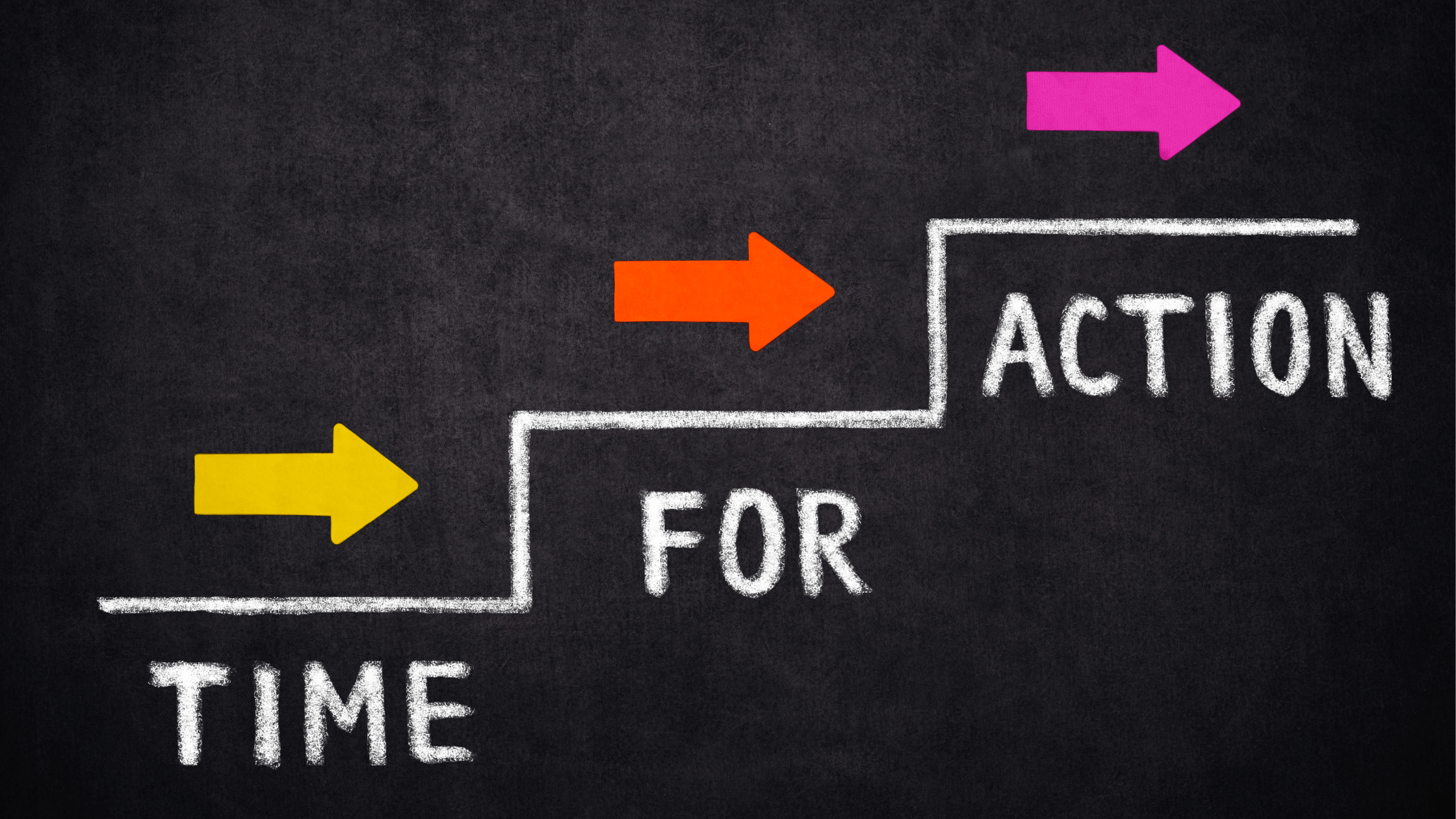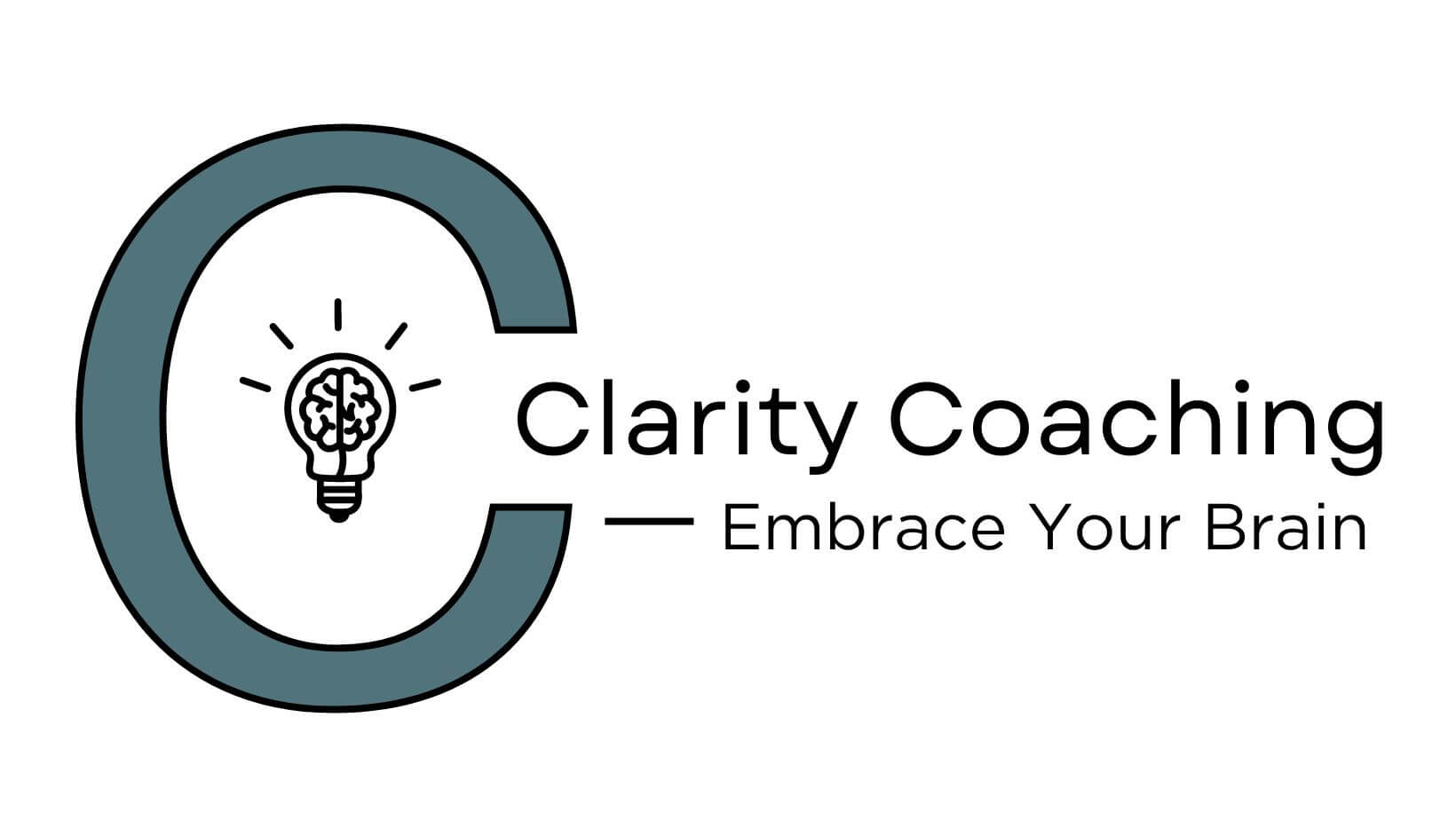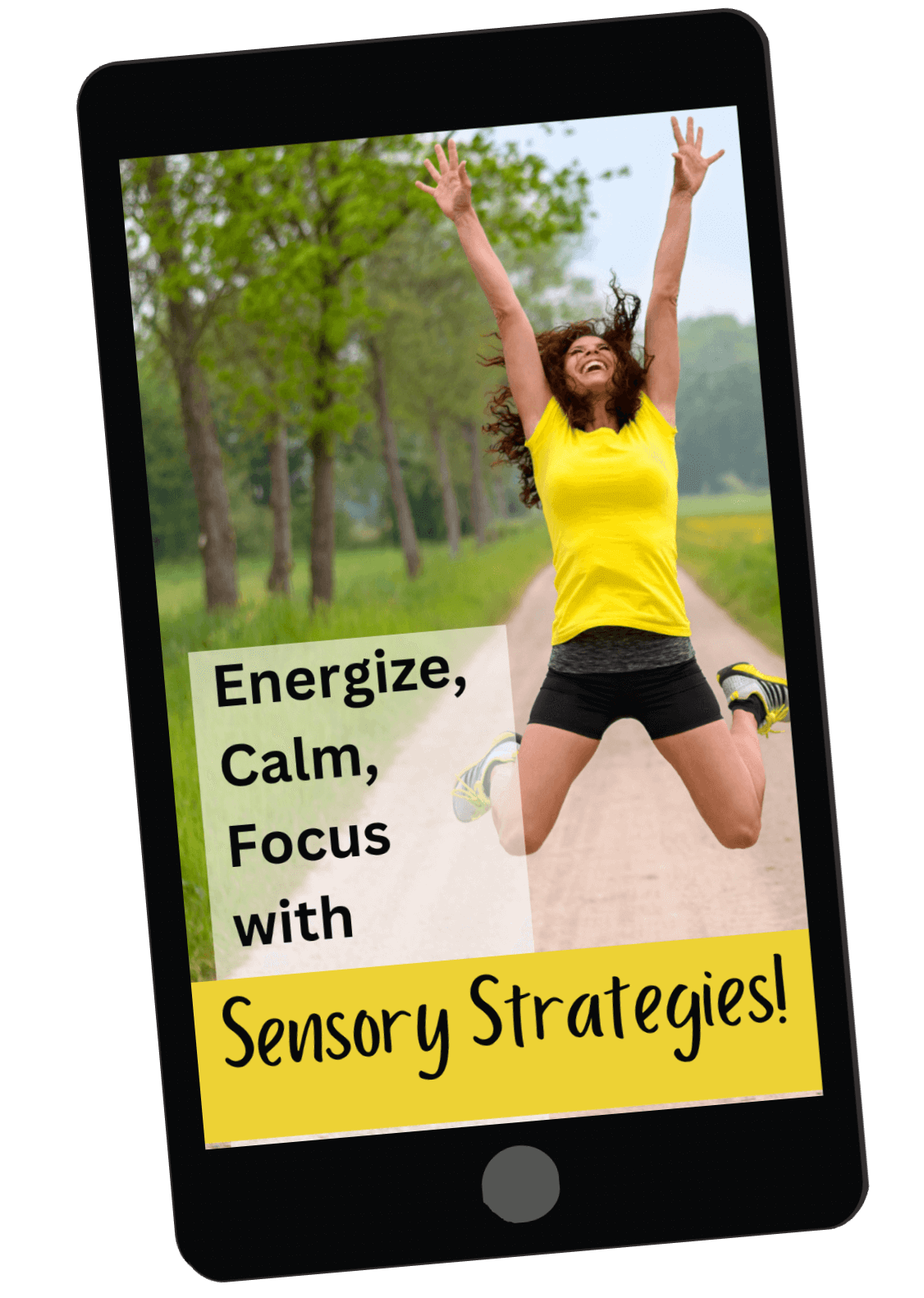✨ DOWNLOAD YOUR FLOWCHART HERE !
🧠 Subscribe to my YouTube Channel for more self-coaching resources here.
The word “lazy” is thrown around a lot — especially when we’re frustrated with ourselves for not doing something we think we should be doing. But what if laziness isn't the real issue?
What if what we label as laziness is something else — like stuckness, overwhelm, or other unmet needs?
What We Think Laziness Means
The definition of laziness is an unwillingness to take action or do hard work.
When you assume that your difficulty with getting going is that you don't care or are willingly staying stuck, you’re shutting the door on the real problem-solving that will get you un-stuck.
Once you (or someone else) is labeled as lazy, there's no room for curiosity, strategy, or compassion — only blame and shame.
And shame never leads to solutions, just more paralysis.
What’s Actually Going On?
In my coaching work, I haven't met one person who struggled because they were truly lazy.
What I see instead are people who are:
- Stuck because they don’t know how to start
- Overwhelmed because the task is too big or unclear
- Tired — mentally or physically — but can’t give themselves permission to rest
- Uncertain about what’s important or how to prioritize
These are all signs of executive functioning challenges, not moral failure.
The "Am I Lazy?" Flowchart
To help you self-coach through these moments, I created the “Am I Lazy?” Flowchart. It walks you through simple questions like:
- Am I enjoying myself right now?
- Do I need rest?
- Is there a real consequence if I don’t take action?
- Is this task important to me?
- Is there something that makes this feel hard?
Spoiler alert: Almost every path on the chart leads to stuckness, not laziness. And that’s a good thing — because laziness is a dead-end, but stuckness can be worked with!

5 Powerful Truths to Remember
1. “Lazy” isn’t a personality trait — it’s a label for stuckness.
Let’s stop judging and start strategizing.
2. Rest is a need, not a reward.
Many people with ADHD feel guilty about resting. But without rest, you’ll burn out before you even get started.
3. Motivation problems are often strategy problems.
If you don’t know how to break a task down or where to start, of course you’re stuck. It’s not about trying harder — it’s about trying differently.
4. Not everything is a priority.
ADHD can make everything feel urgent — but learning to discern what truly matters is a skill, and one that can be strengthened!
5. You’re not lazy. You just need a system that works with your brain.
The right strategies make action easier — without the burnout or guilt.

So, What's Next?
➡️ Use the flowchart. Seriously, take yourself through the steps. It can help you shift from judgment to problem-solving.
➡️ Practice curiosity. What’s making this task hard? What would make it easier?
➡️ Get support. Whether it’s coaching, community, or tools that work for your brain, you don’t have to figure it all out alone.
If you need more help, here are some ways I can help:
Need more support ?
I can help!





0 Comments